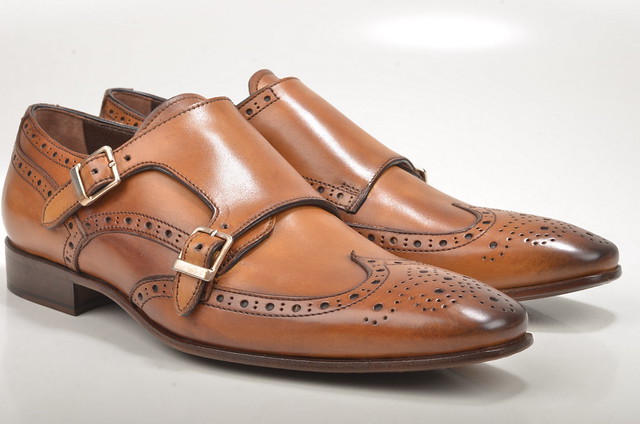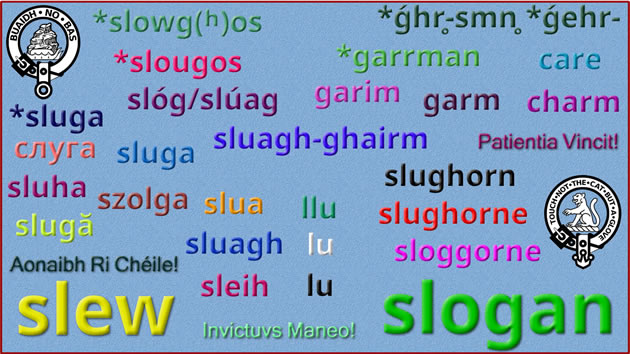Podcast: Play in new window | Download
In this episode we’re diving into words for river.
A Proto-Celtic word for river was *abonā/*abū, which comes from the Proto-Indo-European *h₂ep- (water, body of water) [Source].
Related words in Celtic language include:
- abhainn [əunʲ/oːn̠ʲ] = river in Irish
- abhainn [a.ɪn̪ʲ] = river or stream in Scottish
- awin [ˈawənʲ] = river in Manx
- afon [ˈavɔn] = river or stream in Welsh
- avon [ˈavɔn] = river in Cornish
- aven [ˈɑː.ven] = river in Breton
The names of the river Avon in England and the river A’an (Avon) in Scotland were borrowed from Proto-Brythonic the *aβon (river) [source].
Words from the same PIE roots include अप् (ap – water, Virgo) in Sanskrit, and possibly words for ape in English and other Germanic languages, which might have originally referred to a water sprite [source].
Another Proto-Celtic word for river was *rēnos, which comes from the Proto-Indo-European *h₃reyH- (to flow, stream) [source].
Related words in Celtic languages include:
- rían [r͈ʲiːa̯n] = sea, ocean, path, course, way or manner in Old Irish
- rian = course, path, mark, trace, track or vigour in modern Irish
- rian [r̪ʲian] = method, mode, system, arrangement, control, management, order or sense in Scottish Gaelic
- rane = stanza, track or verse in Manx
Names for the river Rhine in many languages come from the same roots, via the Latin Rhēnus and/or Gaulish Rēnos. For example, the English word Rhein comes from Middle English Rine/Ryne, from Old English Rīn, from Middle/Old High German Rīn, from Proto-West Germanic *Rīn, from Proto-Germanic *Rīnaz, from Gaulish Rēnos [source].
The Latin word rīvus (small stream, brook, rivulet) comes from the same PIE roots, and is the root of river-related words in Romance languages, such as rio in Italian and Portuguese, and ruisseau (stream, brook, creek) in French [source].
Incidentally, the English word river comes from Middle English ryver/river(e), from Anglo-Norman rivere, from Old French riviere, from Vulgar Latin *rīpāria (riverbank, seashore, river), from Latin rīpārius (of a riverbank), from Latin rīpa (river bank), from PIE *h₁reyp- (to scratch, tear, cut) [source].
You can be find more details of Celtic words for river on the Celtiadur, a blog where I explore connections between Celtic languages in more depth. I also write about words, etymology and other language-related topics on the Omniglot Blog.









